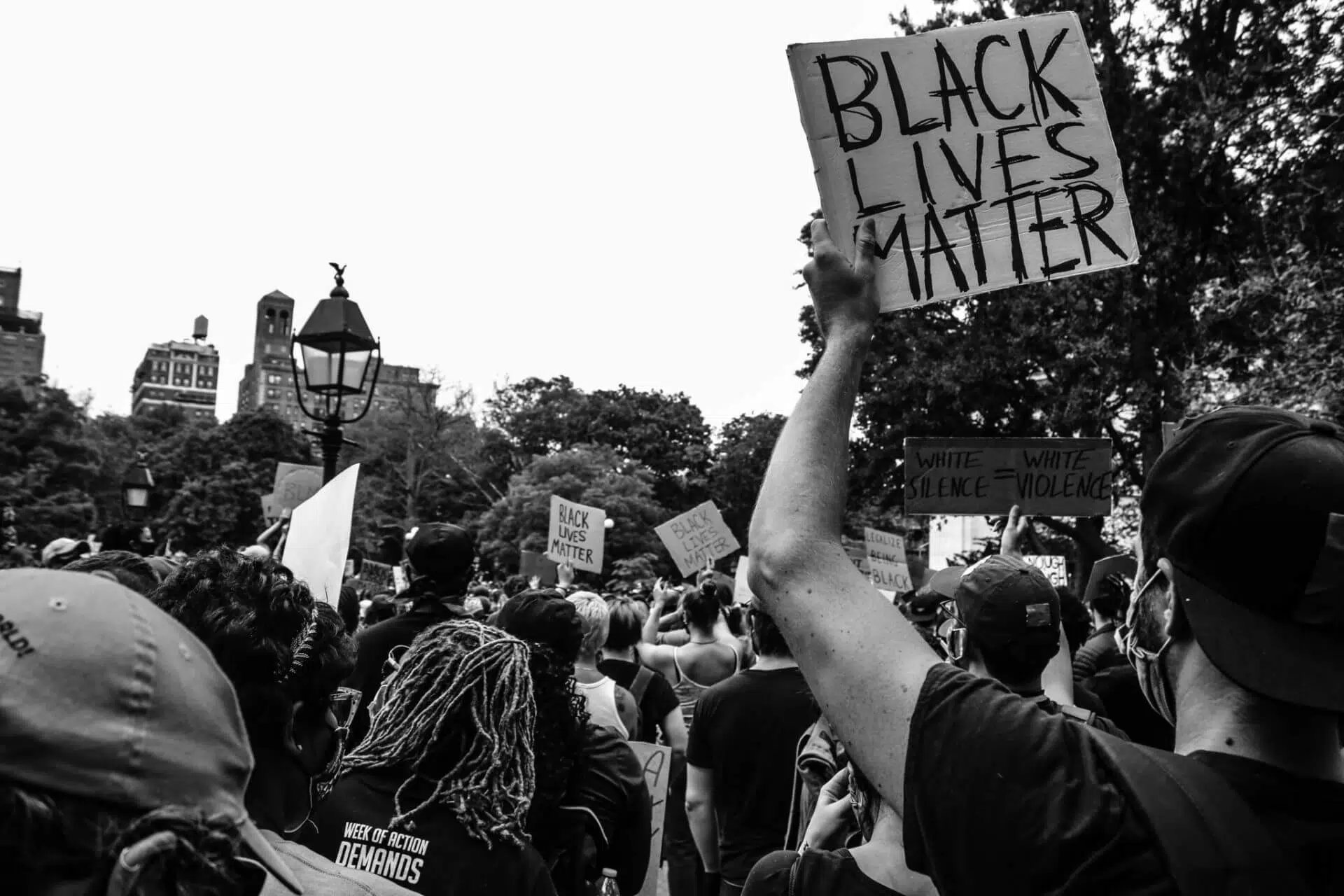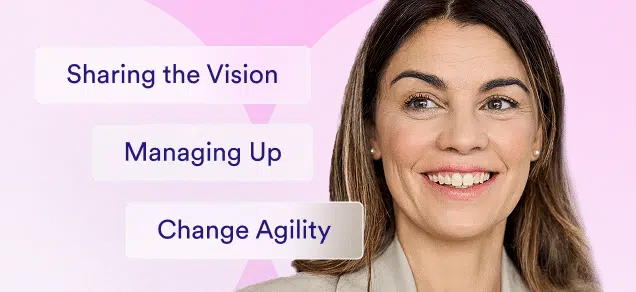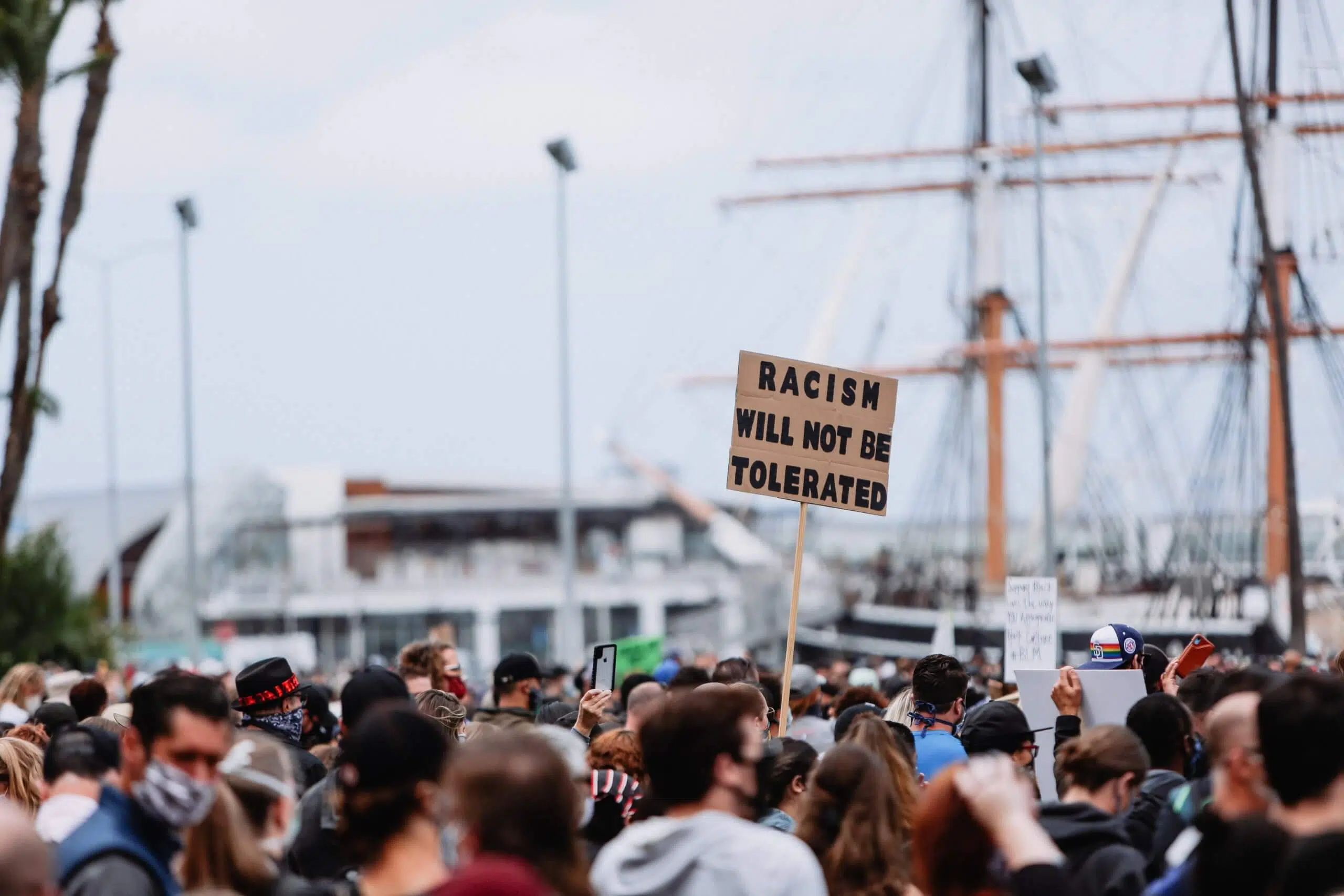Although we have made significant strides over the past few decades, racism still permeates the modern workplace. But thanks to calls for change like the Black Lives Matter movement, companies are paying more attention than ever before. However, there’s a lot of work that has yet to be done: creating a workplace where diversity, inclusion, and equity are embraced and all employees can thrive does not happen overnight.

While releasing diversity statements and hiring chief diversity officers is a step in the right direction, these public displays of support do nothing if the very policies, practices, and mindsets that perpetuate racism in the workplace don’t change. Interested in learning more about how you can join the fight against inequality at your organization? Read on.
Why diversity matters
According to the Bureau of Labor Statistics, white employees make up 78 percent of the American labor force, thereby holding most of the power in corporate America. Of all Fortune 500 companies, only 4 have black CEOs and 37 have female CEOs.

Many companies lack diverse leadership not only on their executive boards, but also in middle management roles. This lack of diversity can negatively impact organizations when they:
- Miss out on the innovation and creativity that comes from having diverse perspectives in the C-suite.
- Discourage and lose junior employees because they don’t see a future for themselves since leadership and management teams don’t look like them.
- Fail to attract and retain employees because diverse employees’ issues aren’t prioritized at the top levels of the business.
The long journey ahead for workplace D&I
While many businesses have stepped up their internal diversity, inclusion, equity, and belonging initiatives, we’re still a long way away from having a truly equitable American workplace. After all, we can’t say we’ve created an equal workplace until every employee has an equal opportunity to succeed.
One way we might measure progress is through workplace equity for black women. Lean In’s 2020 “The State of Black Women in Corporate America” report explores the experience of black women in the American workplace, a demographic that faces more barriers and bias than any other minority group. This report explains that the experience of black women in the workplace can serve as a goalpost: once black women are “treated fairly in the workplace and given equal opportunities to learn, grow, and lead,” as the report states, then we’ll know we’re closer to creating a truly equitable workplace.

However, while white employees have the power and privilege to help empower black women in the workplace, their actions often mismatch their intentions. Lean In found that while 80% of white men and women believe they’re workplace allies to black women, less than half of black women feel they have strong allies at work. In order to drive change, we can’t leave the fight to a few individuals, wait until our organizations change, or leave this work up to the victims of systemic racism. It’s a fight that everyone needs to fight, and all of us need to take responsibility for shifting norms and shaping the modern workplace.
Change starts with individuals
Although there is plenty of work ahead to achieving true workplace D&I, the journey to create spaces that honor human dignity and diversity is a rich, transformative, and rewarding one. So, how might we get started?
A first step might be recognizing that just because something doesn’t affect you personally doesn’t mean it’s not an issue, then educating yourself on unconscious bias, microaggressions, and other challenges that diverse employees face. Even this small base of understanding can lead to more meaningful conversations.
A good next step is applying this knowledge to deeper, more present conversations: listening to others’ points of view, being vulnerable and open to feedback, and leading with empathy. As we build deeper awareness about our own blind spots and begin to take responsibility for how we show up as allies, we can impact and empower those around us.
The path forward is certainly not linear, and we will all make mistakes. Those who continue to step up to the n we’ve felt a strong sense of belonging. When other people are vulnerable and share these types of stories with others, they open the door for others to have empathy. This space can open minds, shift perspectives, and even alter behaviors. pn we’ve felt a strong sense of belonging. When other people are vulnerable and share these types of stories with others, they open the door for others to have empathy. This space can open minds, shift perspectives, and even alter behaviors.
—
Looking to be a better ally in the workplace? Hone offers live online classes on the knowledge and skills managers need to lead diverse teams and create a culture of inclusion. From navigating microaggressions and using vulnerability and empathy to lead, Hone’s classes teach you the skills you need to bridge to shared understanding and build a deeper connection with all of your direct reports and colleagues. Sign up for a free trial and check out Hone’s diversity and inclusion classes for yourself.












